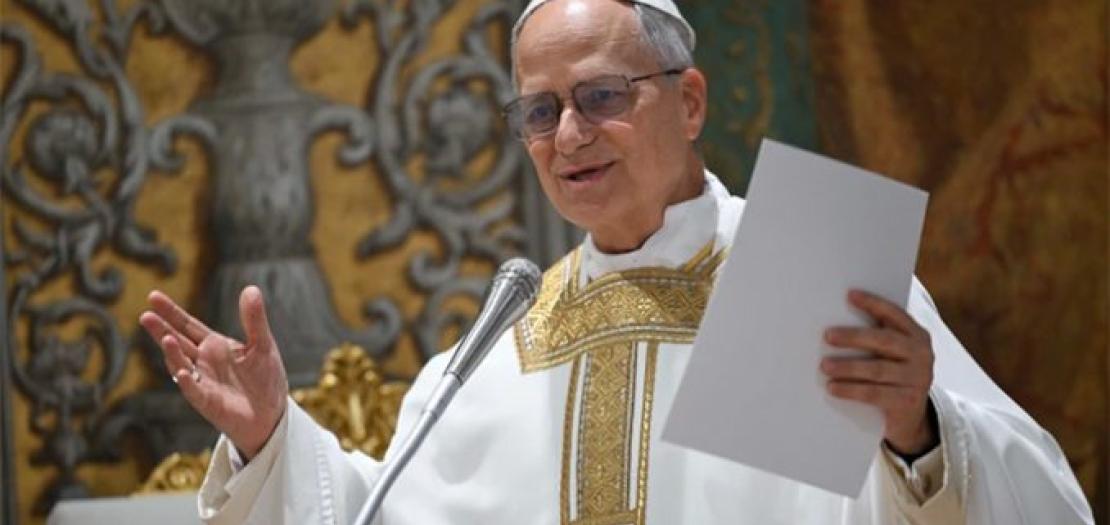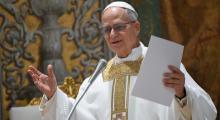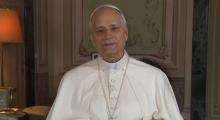Issued by the Catholic Center for Studies and Media - Jordan. Editor-in-chief Fr. Rif'at Bader - موقع أبونا abouna.org

The July issue of the Italian magazine Piazza San Pietro was dedicated to the Jubilee of Youth and in it, Pope Leo XIV responded to Zaira, a young mother of three who wrote him a letter raising concerns about the right to peace.
A fundamental right
In her letter, Zaira reflects on the “deep need for peace” in this period of time, raising the questions, “What will become of children’s dreams if a world war breaks out?
What will happen to the sacrifices their parents made—buying a home, sending them to school, saving for their future?”
She highlights how children have dreams and goals for the future that can easily be destroyed if “one morning a country's leader wakes up with the desire to conquer land that is not his and subjugate its people.”
“Peace is a fundamental right,” Zaira argues, closing her letter with the poignant question, “Why have we forgotten that?”
It’s a call that touches God’s heart
In the same issue, Pope Leo responds to Zaira’s letter, calling it a “cry that reaches the heart of God.” He highlights that God meets us where we are in the difficult and disorienting moments.
Yet, the Pope stresses that we must not remain passive in these times. Rather, he says God’s love “constantly calls us to act—for the good and for the unity of the human family.”
Peace is an active gift
Pope Leo continues his letter by referencing his first meeting with the Diplomatic Corps accredited to the Holy See, during which he pointed out that “peace—both in the Christian understanding and in many other religious traditions—is, first and foremost, a gift.”
But he recalls that this gift is achieved through action. It is a gift that challenges and involves all of us, no matter our cultural and religious background. This gift of peace “is built in the heart and begins in the heart—by uprooting pride and resentment, by choosing our words carefully, since we can wound or even destroy not only with weapons but also with words.”
The Pope answers Zaira’s question honestly, saying that sometimes the situation can feel as though there is no solution and the chances of things escalating are real. Those are the times, he argues, that we “are urgently called to a purification of the heart—to build relationships of peace.”
Peace requires dialogue and prayer
To do this, he urges everyone to strengthen their prayers to the God of peace and dedicate time both as communities and individually to praying for peace daily.
Moreover, dialogue at every level must accompany this prayer, which will help promote “a true culture of encounter rather than one of conflict, and also to call for limits on power, as my beloved predecessor Pope Francis always urged.”
Although the Pope recognizes that the challenge of combining prayer and action, he says it is nonetheless possible “through small, steady steps.”
War will not have the last word, he stresses, offering the reminder that “children have the right to a peace that is genuine, just, and lasting.”







